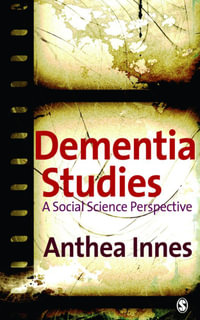Booktopia has been placed into Voluntary Administration. Orders have been temporarily suspended, whilst the process for the recapitalisation of Booktopia and/or sale of its business is completed, following which services may be re-established. All enquiries from creditors, including customers with outstanding gift cards and orders and placed prior to 3 July 2024, please visit https://www.mcgrathnicol.com/creditors/booktopia-group/

Heidegger and Deleuze
The Groundwork of Evental Ontology
eBook | 23 January 2023
At a Glance
eBook
RRP $82.49
$74.99
Instant Digital Delivery to your Booktopia Reader App
ISBN: 9781805240204
ISBN-10: 180524020X
Published: 23rd January 2023
Format: ePUB
Language: English
Publisher: cerebrate
























